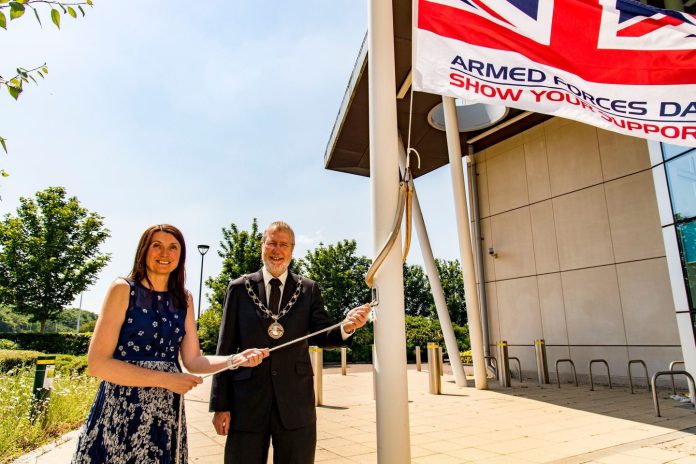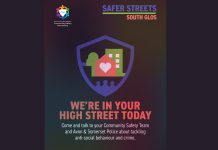South Gloucestershire Council has agreed a new action plan to build on its successful work supporting veterans in the area.
An updated annual Armed Forces Covenant Report for 2022/23 was adopted by the council’s cabinet on 19 June. The report notes the success of the council’s work over the past year and presents a new action plan up until 2025, setting out 24 actions committed to by the council to help build upon its work and proactively deliver against the Armed Forces Covenant Duty.
These actions include continuing support for the South Gloucestershire Veteran’s Support Service and South West Armed Forces Covenant Partnership, relationship building with the Armed Forces Community, and raising awareness amongst staff of the key barriers faced by the community, the actions being taken to address them and expectations of staff in delivering against the barriers.
The report shows that 87 veterans have been supported over the past 12 months, which is an increase of 61 per cent from the previous year. There have also been significant increases in the amount of face to face and virtual meetings and peer support group sessions held, and the number of veterans signposted to volunteering opportunities.
The South Gloucestershire Veterans Support Service is commissioned by the council and delivered locally by two organisations – Soldiers’, Sailors’ & Airmen’s Families Association (SSAFA) and Assistplus. This approach has been successful in delivering services to a diverse range of recipients.
Councillor Alison Evans, armed forces champion and cabinet member for cost of living, equalities and public health at South Gloucestershire Council, said: “South Gloucestershire Council aims to improve outcomes across all aspects of life for the Armed Forces Community and we are extremely proud to work with a wide range of organisations and partners in serving them.
“We fully intend to go beyond minimum compliance with the Covenant Duty – in addition to education, housing and health, we also treat employment as a key area in which the experiences of the community are proactively assessed and addressed.
“A higher number of veterans have been helped during the last year and they have reported being happier, less anxious and less isolated as a result of the support they received.”









